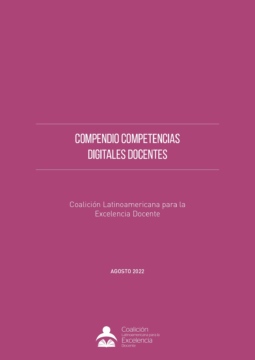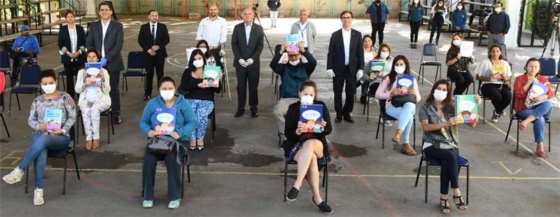
Will Latin America’s Schools Be Able to Reopen Safely?
Do schools in Latin America and the Caribbean have enough government funding and resources to both educate students and protect their health amid Covid-19?
Do schools in Latin America and the Caribbean have enough government funding and resources to both educate students and protect their health amid Covid-19?
The following document presents five recommendations developed by the Dialogue’s Civil Society Working Group on conducting educational assessments during school reopening after the pandemic.
The following document developed by the Dialogue’s Civil Society Working Group, details the main challenges and opportunities for collaboration in education between public sector entities and civil society as well as 5 recommendations on for strengthening those collaboration post-pandemic.
On April 15, the Dialogue’s Education Program and the World Bank held a webinar to share the results of a World Bank report on the educational impact of the pandemic on Latin American and Caribbean countries and discuss emerging lessons.
The Education Program at the Dialogue and the World Bank hosted a webinar to present the new educational technology strategy, Reimagining Human Connections – Technology and Innovation in Education at the World Bank, as well as showcase the experiences of Brazil, Colombia, Panama, and Uruguay.
This report, elaborated by Latin America Coalition for Teaching Excellence, studies the teacher support policies implemented by the governments of nine countries: Argentina, Chile, Colombia, Costa Rica, Dominican Republic, Mexico, Panama, Peru, and Uruguay.
This report, elaborated by Latin America Coalition for Teaching Excellence, studies initiatives that have strengthened teachers’ digital skills in Latin America. Specifically, it addresses the digital competency frameworks that exist in the region, teacher training experiences, and the evaluation processes implemented to measure progress in digital teaching skills.
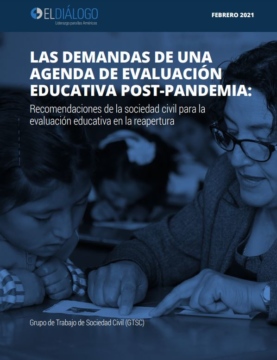
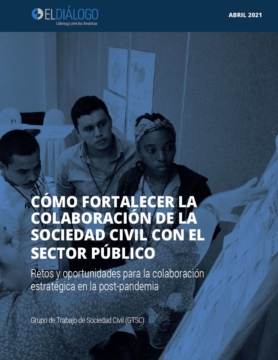
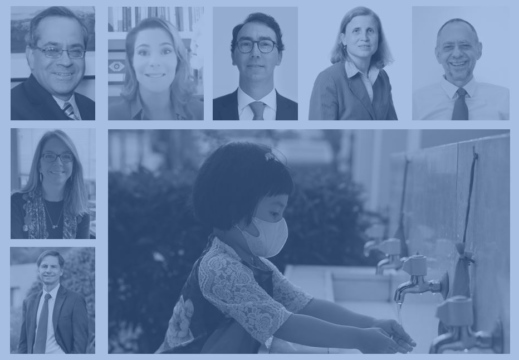 Video
Video
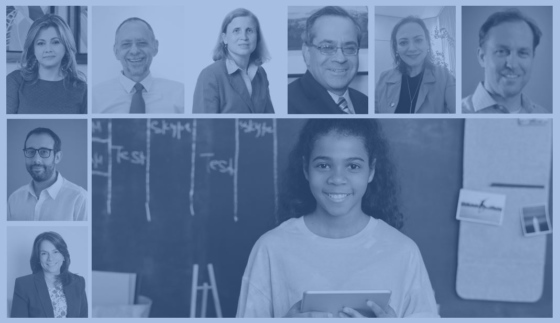 Video
Video

